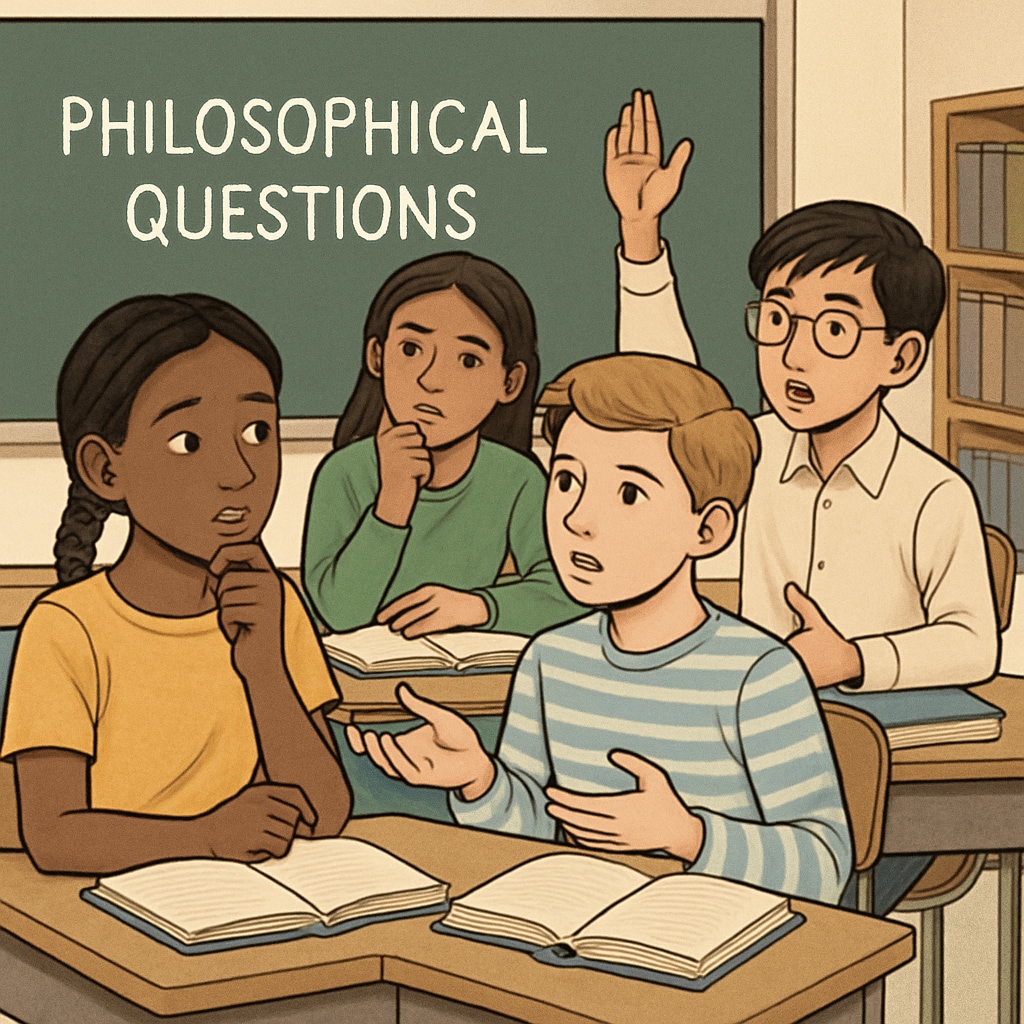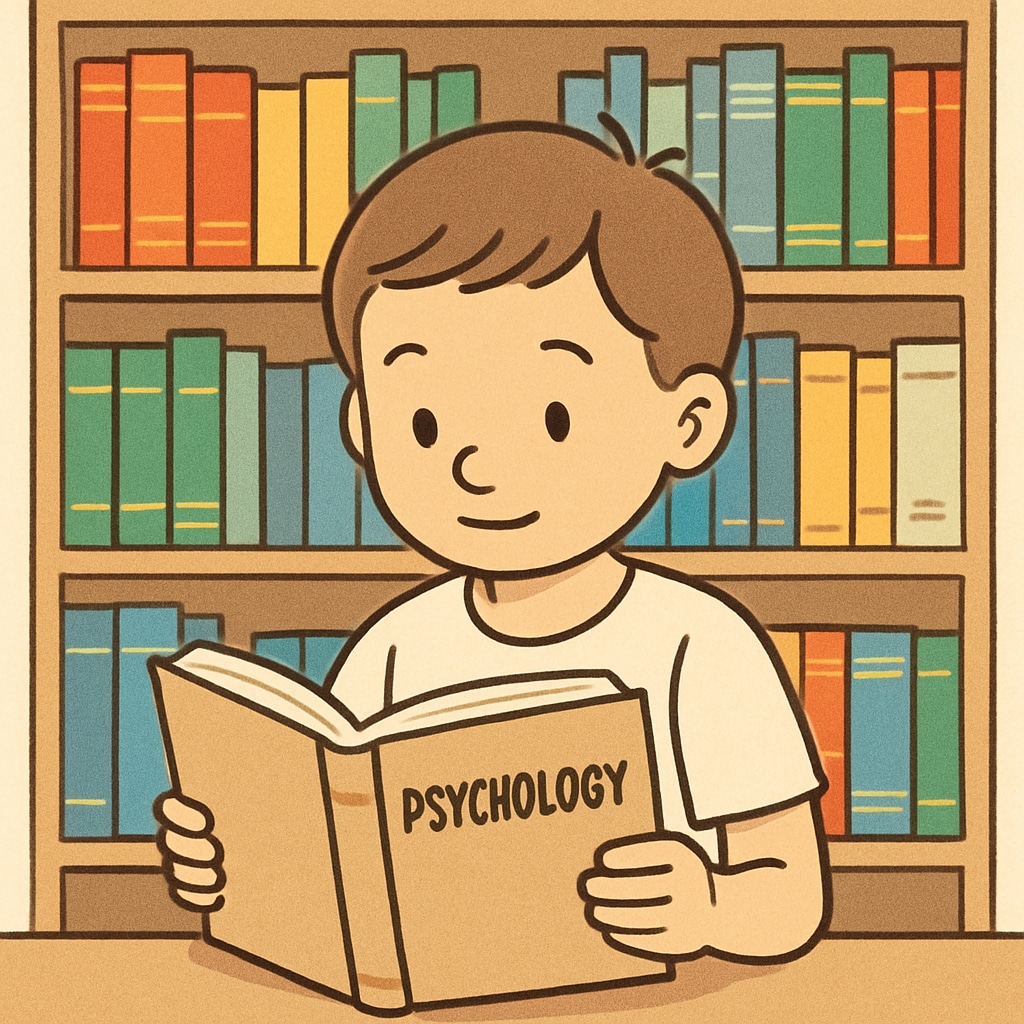Psychology and philosophy are two disciplines that encourage self-discovery and critical thinking. These fields are often introduced in higher education, but there’s immense value in exposing K12 students to their foundational concepts early on. By integrating psychology and philosophy self-learning resources into their educational journey, young learners can develop tools to better understand themselves and the world around them.
Why Explore Psychology and Philosophy in the K12 Stage?
The K12 stage is a formative period for cognitive and emotional development. Exposing students to psychology allows them to understand human behavior, emotions, and mental processes. Philosophy, on the other hand, nurtures their ability to question, reason, and analyze. Together, these disciplines empower students to think critically and empathetically.
For example, resources tailored for younger children might focus on emotional literacy, while older students might explore philosophical dilemmas or psychological theories. By building these foundations early, learners gain lifelong skills that enhance their academic, social, and personal lives.

Top Psychology and Philosophy Resources for Self-Learning
Finding age-appropriate resources is key to successful self-learning. Below are some recommended tools for introducing psychology and philosophy to students at various stages:
- Books: “The Philosophy Files” by Stephen Law for philosophical exploration; “The Psychology Book” by DK provides accessible psychological concepts.
- Websites: Simply Psychology and Stanford Encyclopedia of Philosophy offer reliable content for beginners and advanced learners.
- Videos: TED-Ed psychology and philosophy playlists, which feature short, engaging animations explaining complex ideas.
- Apps: Tools like “Mindfulness for Kids” help younger children develop emotional awareness, while apps like “ThinkerAnalytix” teach students how to dissect arguments and think logically.
These resources can be incorporated into classroom activities or used independently by students eager to explore these subjects.

How to Foster Critical Thinking and Self-Discovery
Encouraging students to engage with psychology and philosophy involves more than providing resources. It requires creating an environment where curiosity and dialogue are valued. Here are some strategies for educators and parents:
- Facilitate Discussions: Host open-ended conversations on topics like ethics, emotions, or decision-making.
- Pose Thought-Provoking Questions: Challenge students to consider dilemmas, such as “What makes an action right or wrong?”
- Integrate Activities: Use role-playing or journaling to allow students to explore different perspectives.
- Support Reflection: Encourage learners to think about their experiences and how they relate to psychological or philosophical ideas.
As a result, students not only acquire knowledge but also develop the ability to think deeply and empathetically.
Conclusion: A Journey into the Mind and Thought
Psychology and philosophy offer invaluable tools for understanding oneself and others. By introducing these disciplines during the K12 stage, educators and parents can spark curiosity and foster critical thinking in young minds. With the right resources, students can embark on a transformative journey into the realms of mind and thought, preparing them for a lifetime of learning and growth.
For more information, explore authoritative platforms such as Philosophy on Britannica or The American Psychological Association.
Readability guidance: Use short paragraphs and lists for clarity. Incorporate visual aids like images to reinforce key concepts. Maintain an engaging tone that invites exploration while ensuring professional accuracy.


